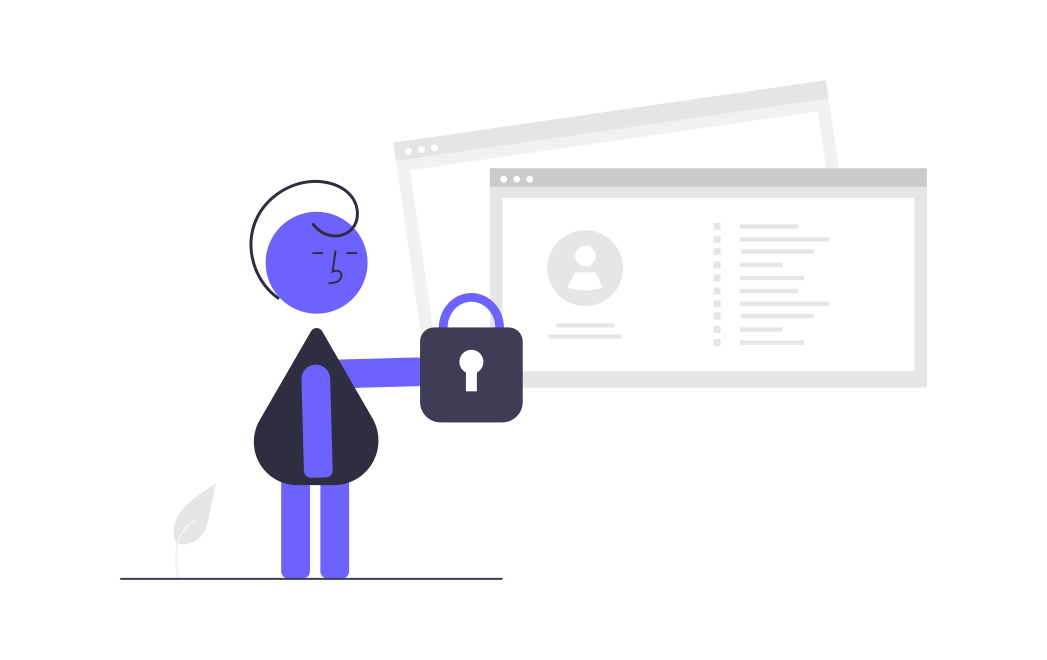
Roadmap for Cybersecurity

Introduction
In today’s digital world, developing a robust roadmap for cybersecurity is essential for anyone looking to secure their data and systems effectively. Whether you’re a beginner or looking to advance your career, having a clear, step-by-step learning guide for cybersecurity can make all the difference. This roadmap for cybersecurity will help you navigate the complexities of the field, providing a comprehensive path from fundamental concepts to advanced techniques. By following this roadmap for cybersecurity, you’ll gain the knowledge and skills needed to protect against evolving threats and safeguard critical information.
Contents
- 1 Grasp the Basics of Cybersecurity
- 2 Master Operating Systems and Systems Administration
- 3 Dive into Security Tools and Technologies
- 4 Understand and Implement Security Policies and Procedures
- 5 Gain Expertise in Ethical Hacking and Penetration Testing
- 6 Explore Advanced Topics in Cybersecurity
- 7 Build Hands-On Experience and Practical Skills
- 8 Stay Updated with Industry Trends
- 9 Conclusion
Grasp the Basics of Cybersecurity
Starting with a solid understanding of cybersecurity fundamentals is key. This roadmap to cybersecurity integrates various fields to protect systems and data effectively:
- Cybersecurity Fundamentals: Learn about basic concepts such as confidentiality, integrity, and availability (CIA triad), and the role of cybersecurity in protecting systems and data.
- Types of Threats: Familiarize yourself with various types of cyber threats, including malware, phishing, and ransomware.
- Key Principles: Understand the core principles of network security, application security, and endpoint protection.
Develop a Strong Foundation in Networking
Networking knowledge is crucial for effective cybersecurity:
- Network Basics: Learn about IP addresses, subnets, and network protocols. Familiarize yourself with common networking devices like routers, switches, and firewalls.
- Network Security: Study how to secure networks through methods like VPNs, firewalls, and intrusion detection/prevention systems (IDS/IPS).
- Protocols and Ports: Understand the function of key protocols (e.g., TCP/IP, HTTP, FTP) and how to manage and secure network ports.
Master Operating Systems and Systems Administration
A strong grasp of operating systems and system administration is essential for cybersecurity:
- Operating Systems: Gain proficiency in Windows, Linux, and macOS, focusing on their security features and potential vulnerabilities.
- System Hardening: Learn techniques to harden operating systems and reduce vulnerabilities, such as configuring security settings and applying patches.
- Command-Line Tools: Develop skills in using command-line tools for system management and security analysis.
Dive into Security Tools and Technologies
Familiarize yourself with essential cybersecurity tools and technologies:
- Antivirus and Anti-Malware: Understand how to use and configure antivirus software and anti-malware tools to protect against threats.
- Security Information and Event Management (SIEM): Learn to use SIEM platforms for real-time analysis and monitoring of security events.
- Penetration Testing Tools: Explore tools like Metasploit, Nmap, and Wireshark for conducting vulnerability assessments and penetration tests.
Understand and Implement Security Policies and Procedures
Effective cybersecurity involves implementing and managing security policies:
- Security Policies: Learn to develop and enforce security policies and procedures that govern how an organization handles data and responds to incidents.
- Incident Response: Study how to create and execute incident response plans for handling security breaches and mitigating damage.
- Compliance and Regulations: Familiarize yourself with cybersecurity regulations and standards, such as GDPR, HIPAA, and NIST.
Gain Expertise in Ethical Hacking and Penetration Testing
Ethical hacking and penetration testing are critical for identifying and addressing security vulnerabilities:
- Ethical Hacking: Learn the principles and practices of ethical hacking, including reconnaissance, scanning, and exploitation techniques.
- Penetration Testing: Understand how to conduct comprehensive penetration tests to evaluate the security of systems and networks.
- Reporting: Develop skills in documenting and reporting findings from penetration tests and vulnerability assessments.
Explore Advanced Topics in Cybersecurity
To advance in cybersecurity, delve into more specialized areas:
- Advanced Threats: Study advanced persistent threats (APTs), zero-day vulnerabilities, and sophisticated attack vectors.
- Cryptography: Gain knowledge in cryptographic techniques and algorithms for securing communications and data.
- Security Architecture: Understand how to design and implement secure systems and network architectures.
Build Hands-On Experience and Practical Skills
Practical experience is crucial for mastering cybersecurity:
- Labs and Simulations: Participate in cybersecurity labs and simulations to practice and apply your skills in a controlled environment.
- Real-World Projects: Engage in real-world projects or internships to gain hands-on experience and build your portfolio.
- Certifications: Consider pursuing industry-recognized certifications such as CompTIA Security+, Certified Ethical Hacker (CEH), or Certified Information Systems Security Professional (CISSP) to validate your skills and knowledge.
Stay Updated with Industry Trends
Cybersecurity is a constantly evolving field. To stay current:
- Continuous Learning: Engage in ongoing education through online courses, webinars, and workshops.
- Professional Networks: Join cybersecurity communities, forums, and professional organizations to connect with peers and stay informed about the latest developments.
- News and Research: Follow cybersecurity news, blogs, and research papers to stay updated on emerging threats and technologies.
Conclusion
Navigating the world of cybersecurity requires a structured and continuous learning approach. By following this comprehensive roadmap for cybersecurity, you can build a strong foundation, develop essential skills, and stay ahead of emerging threats. Embrace the journey with dedication and curiosity, and you’ll be well-positioned to excel in this critical field.



